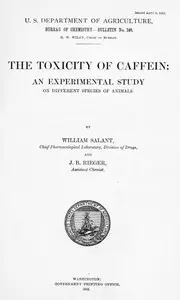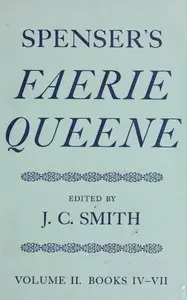"The Vanity of Human Wishes (1749) and Two Rambler papers (1750) by Samuel Johnson" is a collection of moral essays and poetry written in the 18th century, specifically during the early to mid-1700s, which is marked by the Enlightenment's intellectual vigor. The primary focus of the book is the nature of human desires and the inevitable disappointments that accompany them, exploring profound philosophical themes of ambition, fate, and morality, while also offering insights into social conduct and the human condition. In "The Vanity of Human Wishes," Johnson creatively adapts Juvenal's Tenth Satire to reflect on the futility of human aspirations, highlighting how desires often lead to suffering and regret. The poem features a series of vivid portraits, including historical figures like Cardinal Wolsey and Charles XII of Sweden, showcasing their rises and falls fueled by ambition and desire. The accompanying "Rambler" papers present Johnson's reflections on various aspects of life, such as the quest for happiness and the importance of virtue, frequently emphasizing the need for self-awareness and moral integrity. Together, these works encapsulate Johnson’s belief that true contentment arises not from external achievements but from an inner state of virtue and resignation to fate. (This is an automatically generated summary.)

The Vanity of Human Wishes (1749) and Two Rambler papers (1750)
By Samuel Johnson
Augustan Reprint Society, publication number 22
Genres
Released
2004-09-02
Formats
epub3 (images)
epub (images)
epub
mobi (images)
mobi
Free Download
Overview
About the Author
Samuel Johnson, often called Dr Johnson, was an English writer who made lasting contributions as a poet, playwright, essayist, moralist, literary critic, sermonist, biographer, editor, and lexicographer. The Oxford Dictionary of National Biography calls him "arguably the most distinguished man of letters in English history".
Total Reviews
10.0k
Total reviews from Goodreads may change


















